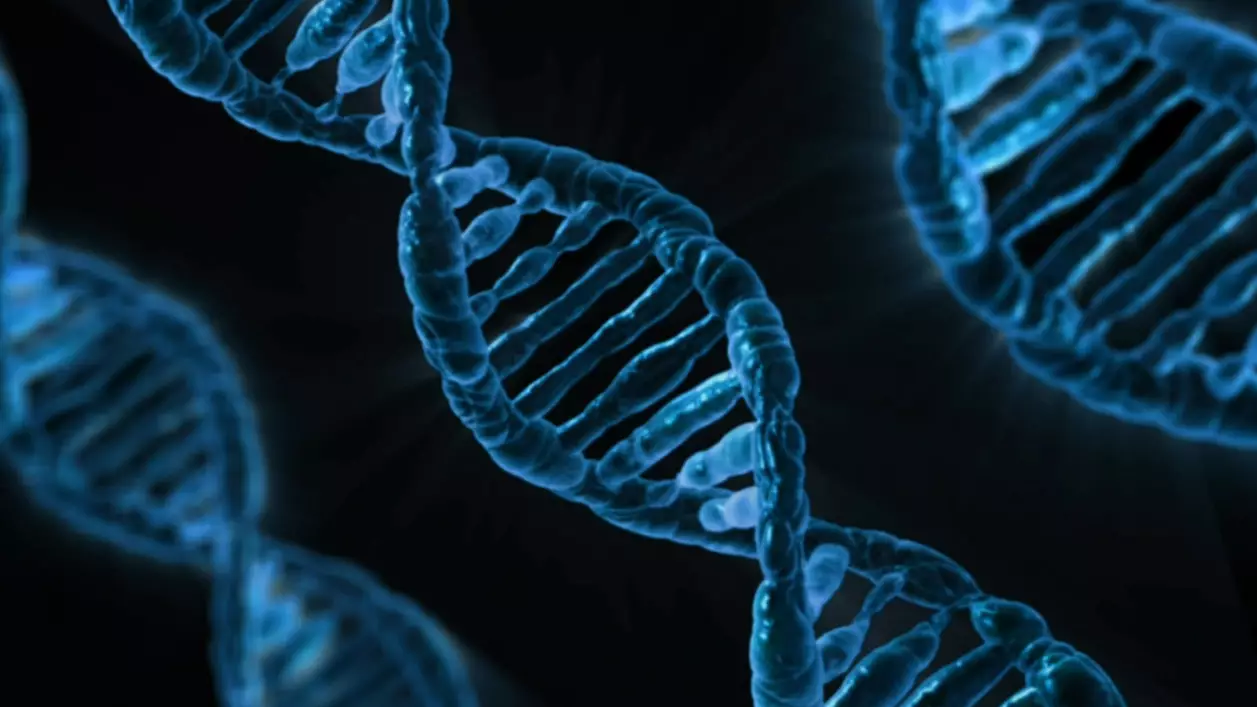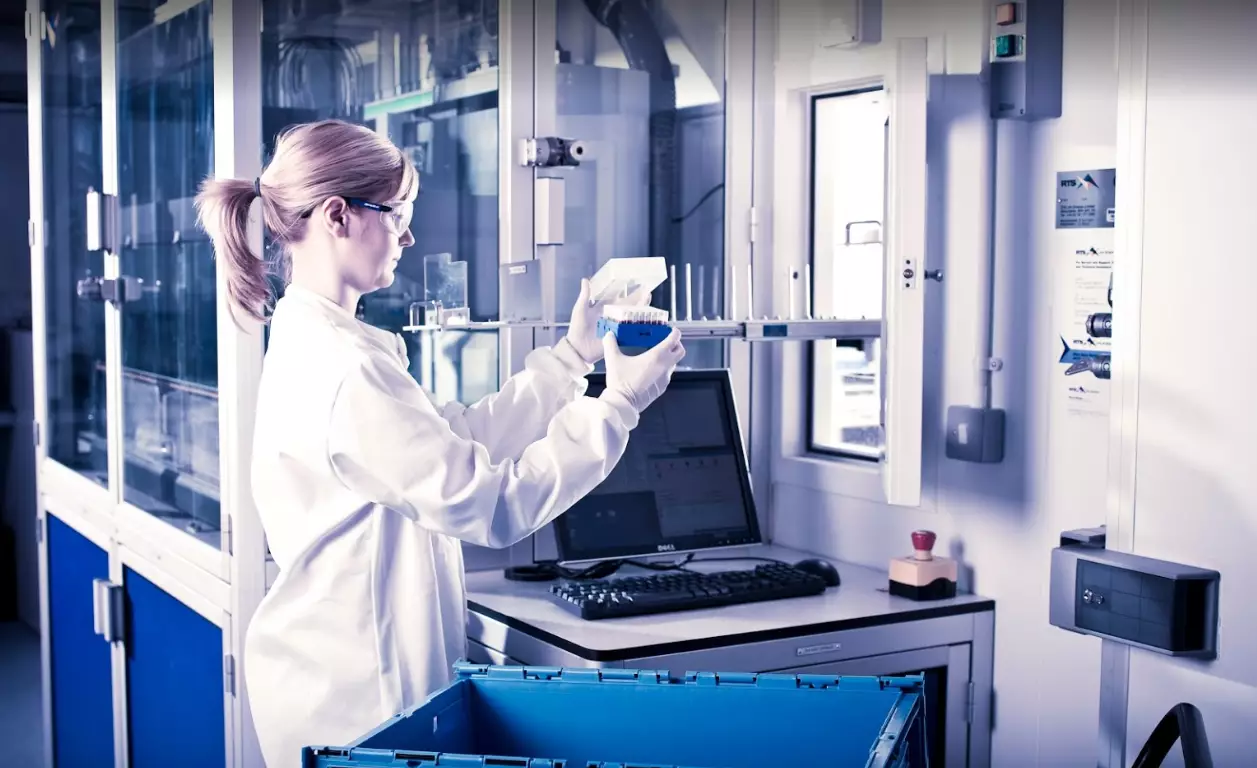
Although incest is illegal in the UK, scientists have found 125 cases of 'extreme inbreeding' after carrying out a large study in the country.
Researchers from University of Queensland looked into the genetics of over half a million people, and identified cases where DNA suggests the parents were first-degree (parent, sibling or child) and second-degree relatives (uncles, aunts, nephews, nieces or half-siblings), which is classed as 'extreme inbreeding'.

According to the research team, scaling up the figures is difficult as the data set is limited, but they say the real number could be even higher than the extrapolated figure of 13,200, due to DNA samples coming from people who came from an 'educated' background with better health.
Advert
They told the Daily Mail: "The extent to which our estimate reflects the true prevalence of [extreme inbreeding] in the entire UK population is a difficult question.
"The UK Biobank is known to have over-representation from healthy and highly educated individuals, which likely biases our estimates.
"Highly inbred individuals who suffer severe health consequences may be less likely to participate in a study such as the UK Biobank.
"Therefore, our estimate of the prevalence might be too low."
Advert
UK Biobank, a genetic database that holds the DNA of around half a million British people, sifted through DNA samples of people likely to have inbreeding in their genes and who were born between 1938 and 1967.
It found that around 1 in every 3,600 met the criteria for extreme inbreeding.

Although it is easy to make a joke here about most of them coming from a certain area of the UK, inbreeding is actually a serious issue. Aside from the huge social taboo, potential mental implications and lasting trauma of incestuous relationships, inbreeding can cause major genetic defects.
Advert
Where inbreeding occurs, there's often a huge risk of sexual exploitation or abuse.
It's a difficult area to get samples on - understandably, self reporting on the issue is uncommon and there are ethical issues on getting data without permission.
Among the people who showed 'extreme inbreeding' in their DNA, researchers were able to pick out a few health issues that affected many of them.
For example, inbred children often showed decreased cognitive abilities and bad muscular function. They also had reduced height and lower lung function. They were found to be at a greater risk from disease in general.
Advert
The researchers' statement continued: "We confirmed previous findings suggesting that inbreeding leads to reduced stature, cognitive ability, lung function and fertility.
"Moreover, we found that these 125 participants were approximately 44 percent more at risk of any kind of disease, as compared to the rest of the study participants."
Featured Image Credit: Pixabay